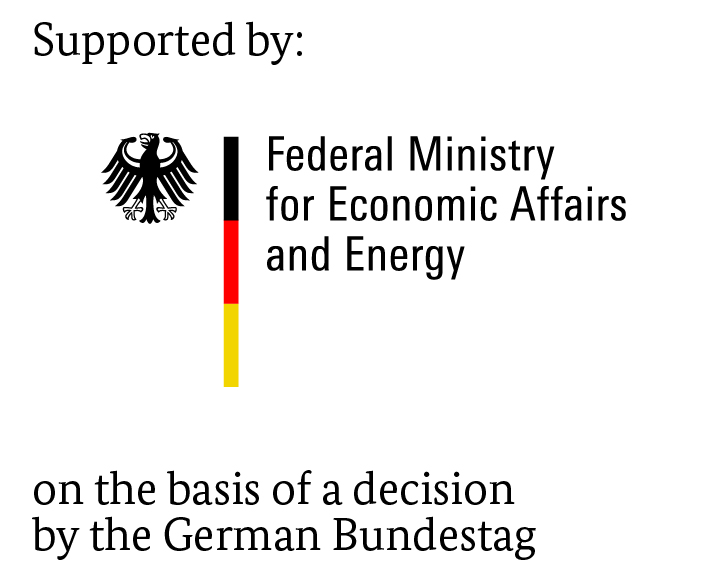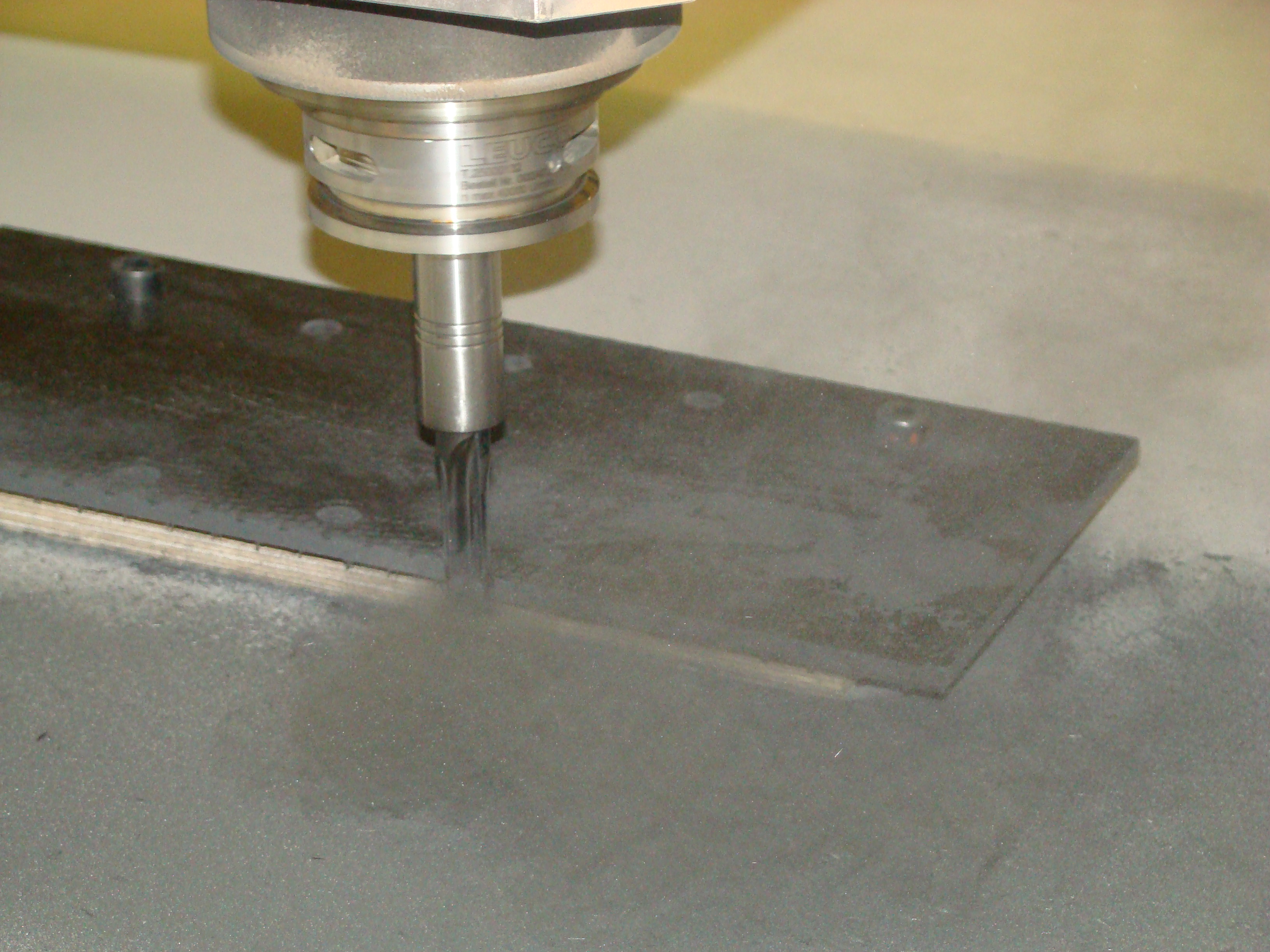Fiber‑reinforced plastics (FRP) are lightweight and have excellent stiffness, which is why they are increasingly used in the automotive and aerospace industries. The final processing steps e.g. milling and grinding produce dusts of hard glass or carbon fibers. The aim of the project is to use cooling liquids as lubricants to reduce tool wear and at the same time improve occupational safety and machine safety.
Lubricants for wet machining of fiber reinforced plastics
Initial situation and challenge
Reducing the weight of moving masses is one of the primary future goals in the automotive and aviation sectors. Fiber-reinforced plastics (FRP) offer enormous potential for achieving this goal due to their excellent weight-related stiffness. Despite near-final-shape production of fiber-reinforced plastics (FRP) using Resin Transfer Moulding (RTM) or prepreg processes, edge trimming must be carried out after curing (e.g. removal of pure resin areas at the component edges). Joints as well as cut-outs and openings are also machined afterwards. In the majority of processing companies, this is carried out on Computerized Numerical Control (CNC) machining centers, i.e. by cutting and milling. At present, the industrial use of cooling liquids and lubricants in the machining of Fiber-reinforced plastics (FRP) plays only a minor role.
However, dry machining has some serious disadvantages:
- Glass and carbon fibers are very hard and lead to high tool wear and resulting in very high tool costs.
- Fiber-reinforced plastics (FRP) dusts are a hazard to process and machine safety. There is also uncertainty in Germany about possible health hazards.
An advantage of using coolant lubricants is that the dust is bound directly by the liquid. Energy-intensive ventilation, which can never completely capture the dust, is therefore no longer necessary.
Objectives
Our goal is to achieve lower tool wear and increased productivity by the use of cooling fluids and lubricants. Leading to cost reduction in the final machining process, while at the same time improving occupational safety and machine safety.
Project Description
The focus of the research project is the development of a cooling, lubricating liquid tailor-made for Fiber-reinforced plastic machining and a machining process adapted to it. Laboratory tests will be used to analyze the compatibility of plastics, adhesiveness and paintability as well as the sliding friction coefficients in combination with selected Fiber-reinforced plastic materials. Based on the results of the laboratory tests, the composition of suitable basic concentrates is carried out. These are then evaluated in cutting tests with regard to their effect on tool life, machining quality and cutting performance. The iterative fine composition is carried out in feedback with laboratory tests on machined fiber-reinforced plastic samples. At the same time, the requirements for the filtration of the used liquid are determined. In addition, suitable tools are to be identified which, in interaction with the optimum liquid, lead to longer tool life at increased machining speed.
Project information
Project title
Lubricants for wet machining of fiber reinforced plastics
Project duration
October 2018 – March 2021
Project partners
- DGMK Deutsche Wissenschaftliche Gesellschaft für Erdöl, Erdgas und Kohle e.V. (Coordination)
- Fraunhofer Institute for Manufacturing Engineering and Automation IPA, Stuttgart
- Fraunhofer Institute for Interfacial Engineering and Biotechnology IGB, Stuttgart
Funding
We would like to thank the German Federal Ministry for Economic Affairs and Energy and the Industrielle Gemeinschaftsforschung (IGF) (BMWi) for funding the project "Kühlschmierstoffe für die Nasszerspanung faserverstärkter Kunststoffe", promotional reference IGF 20284 N.

 Fraunhofer Institute for Interfacial Engineering and Biotechnology IGB
Fraunhofer Institute for Interfacial Engineering and Biotechnology IGB